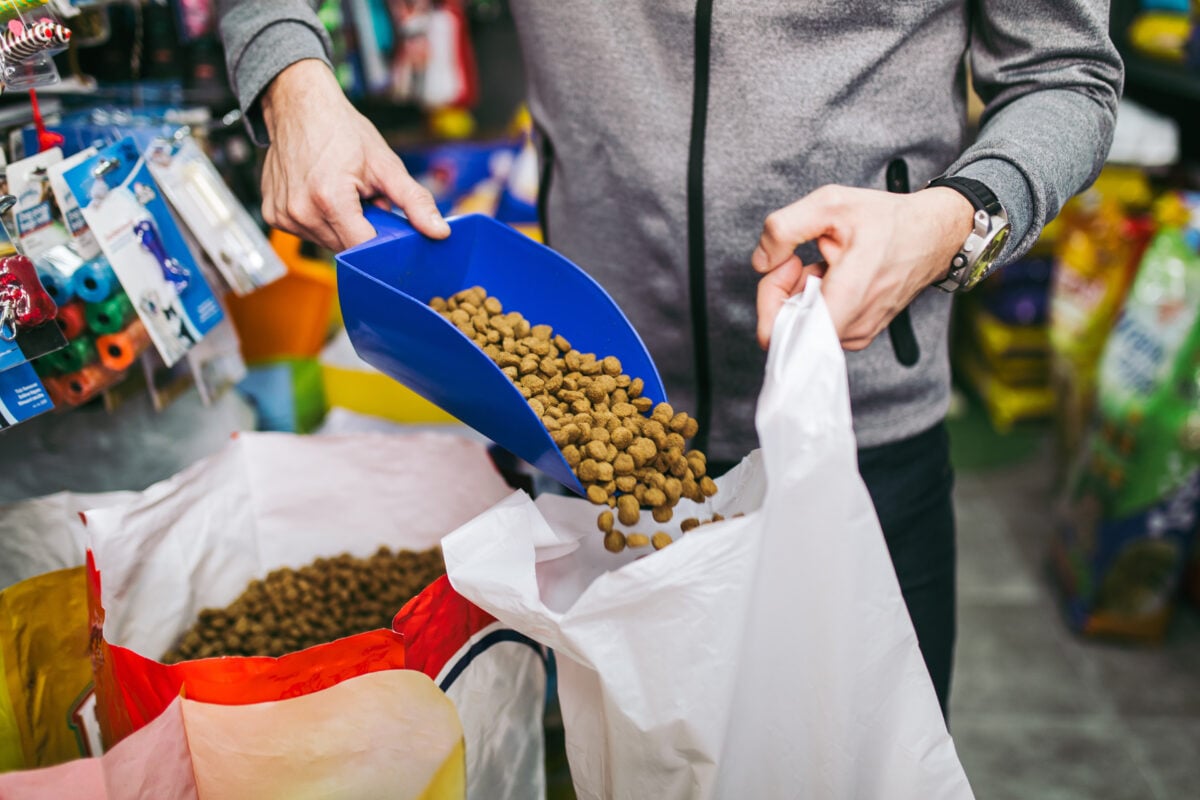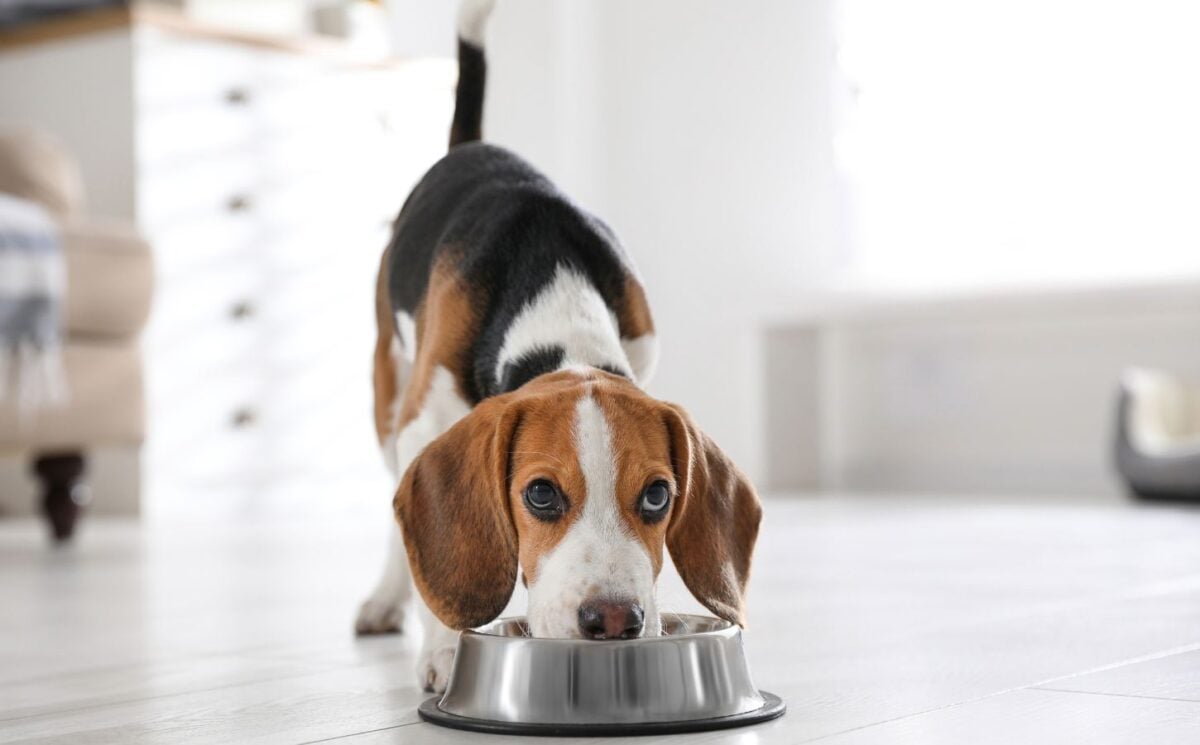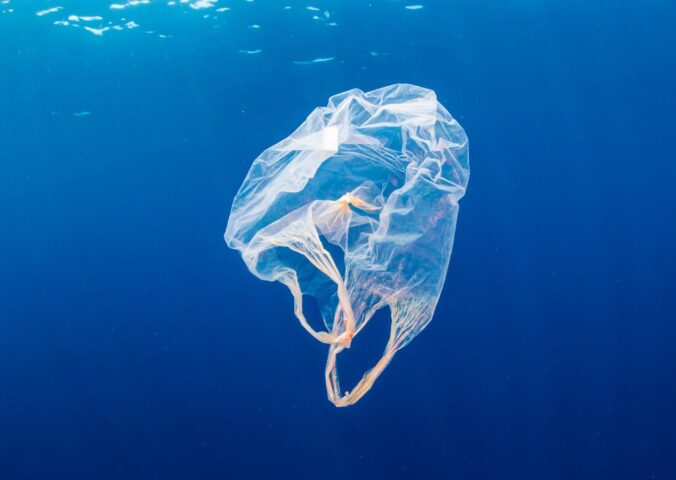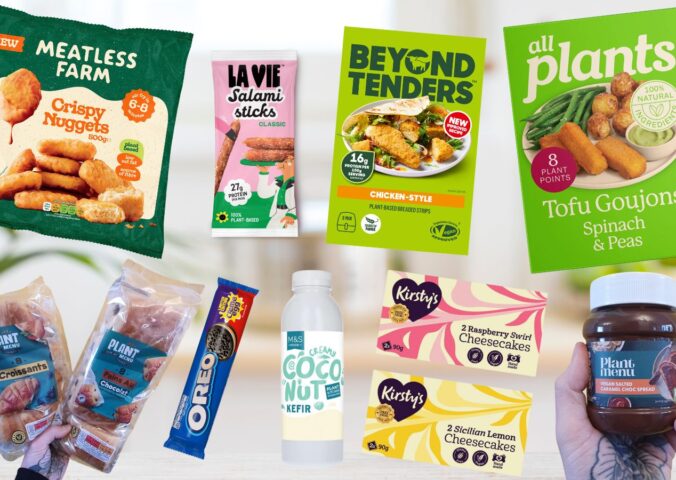The growing vegan companion animal food market could nearly double its value over the next decade.
The market was valued at USD $10.3 billion in 2024 and is projected to reach approximately $19.7 billion by 2034, with an expected compound annual growth rate of 6.7 percent.
According to Market.us News, consumers are increasingly aware of the animal welfare, environmental, and health issues surrounding traditional meat-based pet food, in addition to the many potential benefits of feeding companion animals plant-based options instead.
Market.us News noted that “conventional” vegan food holds 63.2 percent of the market, while dry food holds 56.2 percent, and that supermarkets contribute 48.2 percent to distribution. This indicates that consumers prefer familiar, convenient, and widely available options.
Furthermore, dogs account for 72.3 percent of the vegan pet food market, indicating that plant-based diets for canines are more accepted and better established. Several studies indicate that well-planned meat-free diets can be optimal for dogs, and last year, the British Veterinary Association ended its longstanding opposition to meat-free canine diets.
“It is commendable that the BVA has finally ended its unscientific opposition to (nutritionally-sound) vegan dog diets,” said Andrew Knight, veterinary Professor of Animal Welfare, at the time. “It is now up to international veterinary associations to follow suit.”
Read more: The Environmental Impact Of Dog And Cat Food: What You Need To Know
Vegan diets, pet food, and the meat industry

Plant-based and cultivated meat-based foods are increasingly familiar for dogs, but Knight and other experts also say that these options are safe for cats, too. In 2024, plant-based brand Wild Earth launched “Unicorn Pate,” its first nutritionally complete wet cat food product.
While cats are obligate carnivores, complete foods like Unicorn Pate are fortified with all of the vitamins and minerals that cats need to thrive, including taurine. Also last year, Omni and Meatly announced a “world first” cultivated cat food, described as a “major milestone.”
Traditional pet food is a co-product of the meat industry, which means that it supports factory farming and all of the animal cruelty, environmental damage, and pollution it causes. Producing food for cats and dogs notably contributes up to 30 percent of the meat industry’s total environmental impact, releasing millions of tons of greenhouse gas emissions (GHGs).
Read more: Is 2025 The Year Of Ethical Dog Food?






